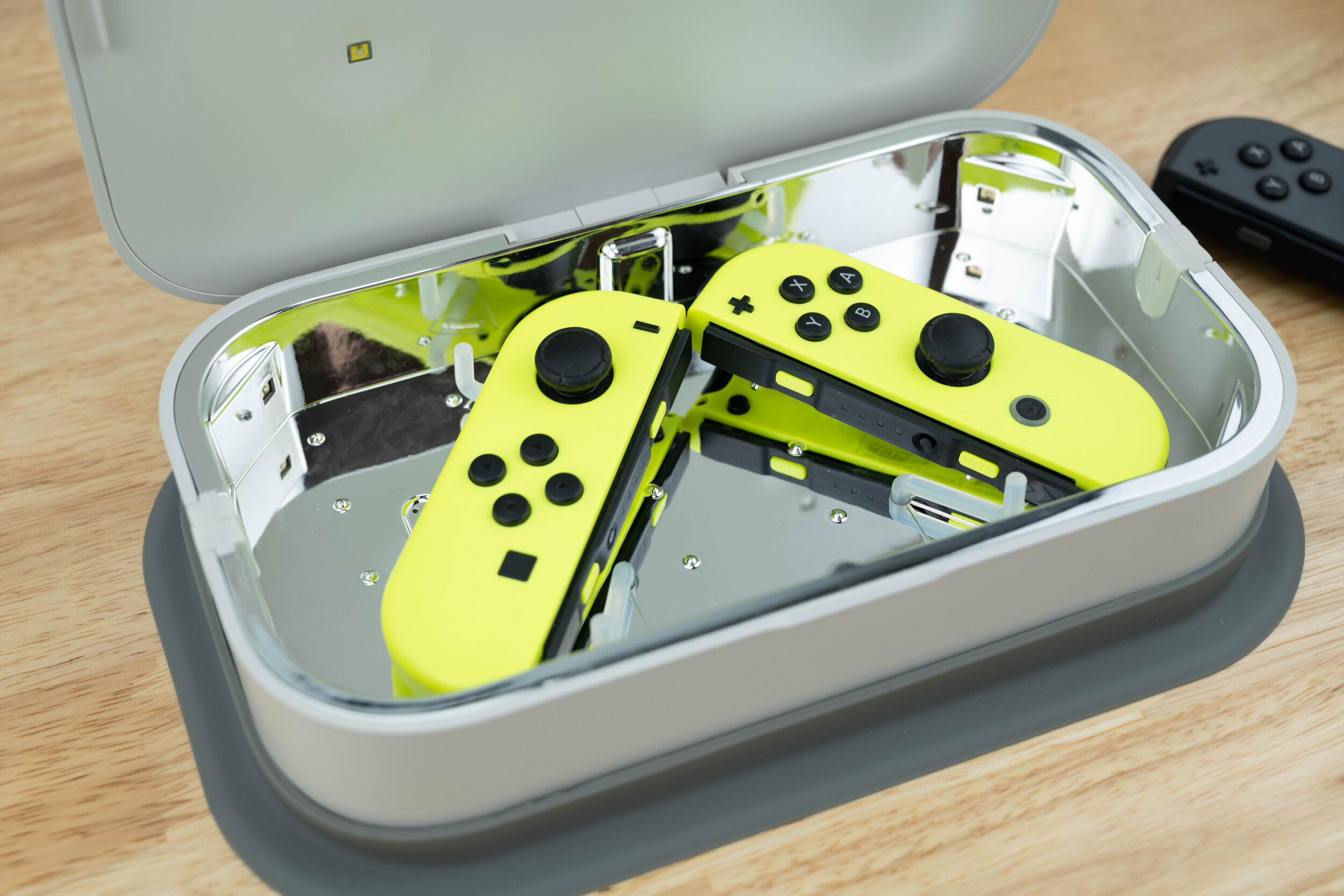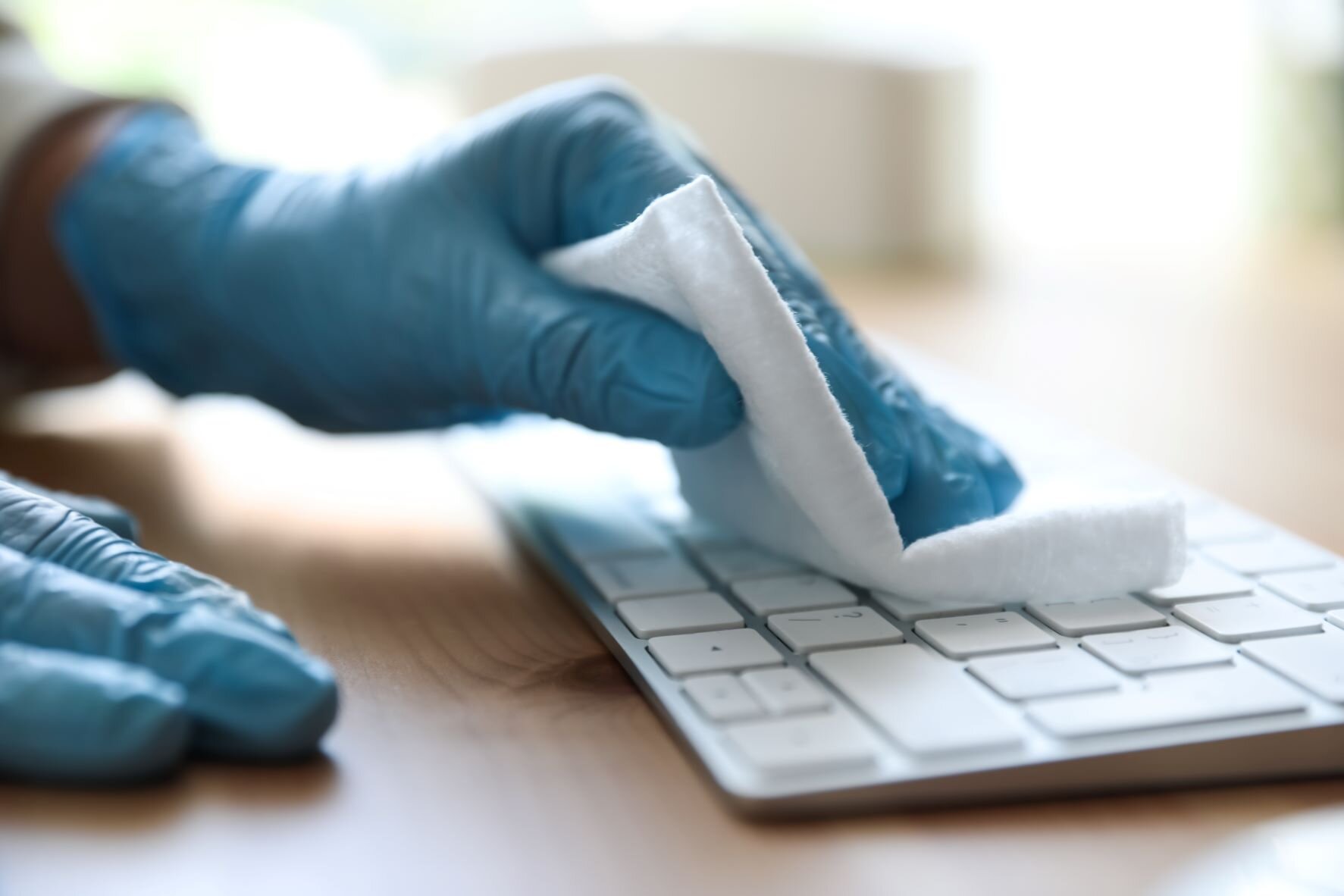5 Best Ways to Clean Your Retainer
Why Clean Your Retainer?
We all know about the importance of brushing and flossing to maintain our oral hygiene, but regular retainer cleaning is also important. Over time retainers will build up white deposits on their surfaces while also gathering an unpleasant smell and taste. Skipping out on retainer cleaning can lead to bad-breath, potential tooth decay, and damage to the retainer itself.
According to a study at the UCL Eastman Dental Institute over 50% of retainers showed signs of potentially harmful microbial growth. The primary culprits were Candida and Staphylococcus, neither of which usually exist in our mouths. Although in healthy individual these microbes rarely cause serious issues, they can be problematic for those who are immuno-compromised.
So now that we know why retainer cleaning is important, what are some ways to clean your retainer?
Easy Ways to Clean Your Retainer
White Vinegar and Water
Combine a 1:1 ratio of white vinegar and water in a small glass or bowl. Submerge your retainer and let it soak for 5-10 minutes. Remove the retainer and gently scrub with a soft brush to remove any plaque build-up.
Mild soap and water
Mix a small amount of a mild soap, such as Castille soap, in a glass with warm water. Soak the retainer in the soap water mixture for a few minutes. Then use a soft bristle toothbrush and brush the retainer surface. When finished rinse the retainer thoroughly.
Baking soda and Water
Baking soda is a mild abrasive, making it a great option for removing plaque and dried food build up on your retainer. With this method combine water and baking soda at a 1:1 ratio in a small bowl so that it forms a paste. Then brush this paste on the retainer using a soft bristle brush, and rinse thoroughly once finished.
Retainer Cleaner
As an alternative to the DIY cleaners, many companies also make cleaning solutions designed specifically for retainers, such as Retainer Brite. Directions on these can vary and may require added tools, such as an ultrasonic cleaner, so be sure to read the instructions before buying. Additionally, check that what you are buying is for retainers as some denture cleaning solutions have coloration in them that stain clear retainers over time.
Ultrasonic Cleaner
For the more gadget minded there are also ultrasonic cleaners designed for deep cleaning of retainers and other oral appliances. Ultrasonic cleaners work by producing high-frequency sound waves to remove debris.
If you’re into gadgets, a UV Sanitizer can be a useful companion to all above cleaning methods, ensuring that germs and bacteria are eliminated after you remove the plaque and debris. The Utilimedic UV8LED does double duty as a phone sanitizer and charger to help you eliminate those single function gadgets.
For more ideas on how to step up your eco-friendly routine check out our previous Green Cleaning tips for the home and office.
Overall Retainer Cleaning Tips
Should I use my toothbrush to clean my retainer?
No, toothbrushes can be a bit harsh for cleaning retainers so opt for a soft brush. Denture brushes are a smart choice for this. Their function is specifically to clean dentures and include two distinct types of brush heads making it easier to get into the little nooks and crannies.
Should I clean my retainer with toothpaste?
No, Avoid cleaning your retainer with toothpaste. Toothpaste is designed to clean and polish teeth, which are harder than retainers, and the abrasive elements can damage your retainer over time.
What can I soak my retainer in?
Homemade mixtures of white vinegar and water, mild soap and water, and baking soda and water are good soaking options. Additionally many companies also make cleaning solutions designed for retainers, such as Retainer Brite. Be wary of denture cleaning since some have coloration in them that stain clear retainers over time.
Can I soak my retainer in baking soda?
Yes, baking soda mixed with water is a good cleaning option as it is a mild abrasive the helps remove plaque.
How often should you clean your retainer?
Ideally you should clean your retainer at least one a day, or whenever you brush your teeth.











